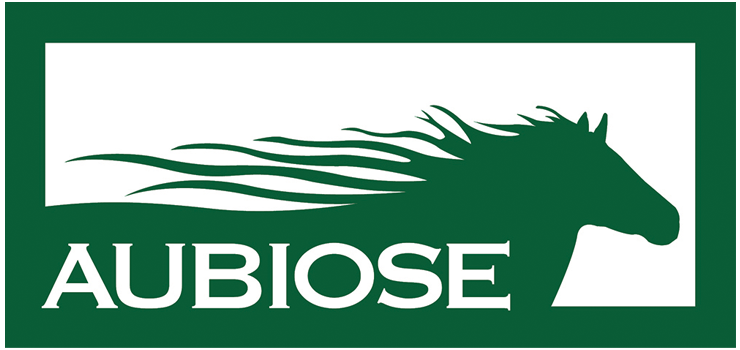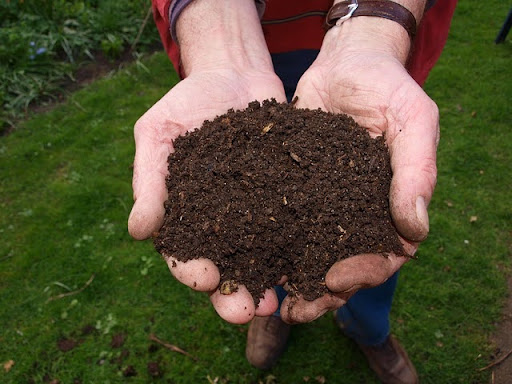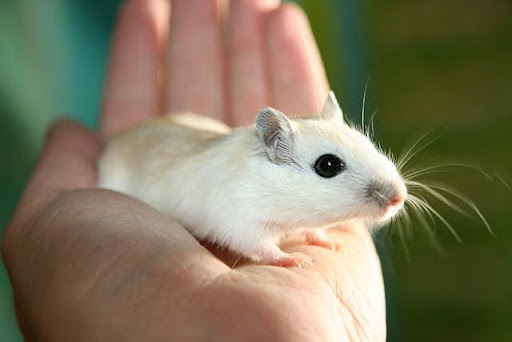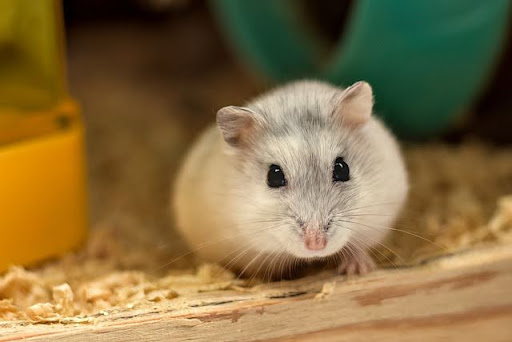Certain litters are not biodegradable, such as those made from:
- Sand,
- Silica,
- Or clay.
Therefore, these should not be thrown in the garden. If this happens, they can harm the soil quality and the local fauna, which might absorb them.
To avoid this, it’s essential to distinguish between different types of litters before deciding to compost them.
Litters that Can Be Thrown in the Garden
Some litters, made from natural materials, are compostable and can be used in the garden after turning into compost.
Hemp litter is the best option as it decomposes easily, unlike straw.
Why Compost Your Pets’ Litter Rather Than Throwing It Away ?
Once composted, it can be used to :
- 🐜 Improve soil structure,
- 💦 Increase water retention,
- 🌱 Provide essential nutrients like nitrogen, phosphorus, and potassium.
Compost can also help lower the soil pH. Some plants, like blueberries, holly, camellias, rhododendrons, hydrangeas, or even conifers, prefer slightly acidic soil.
Additionally, throwing your litter in the garden helps reduce household waste, which may potentially reduce the costs related to waste collection. 🚛
How to Successfully Compost Your Pet’s Litter ?
For composting to be beneficial, it must be managed carefully. This is important to avoid transmitting pathogens, especially since your pets’ feces are involved…
Ensure Your Compost Reaches High Temperatures
A high-temperature composting process (at least 60°C) is needed to kill pathogens like Toxoplasma gondii.
To reach these temperatures, you must aerate the compost pile regularly and mix materials well, promoting air circulation. This process takes several months, and the pile should be turned once a week or at least every 15 days.
There are thermometers designed to monitor the temperature inside the compost pile with a probe you just stick in. There are digital or analog models available for around ten euros.
Moisten Your Compost Pile and Alternate Green and Brown Materials
During this period, make sure the compost remains moist but not soaking wet to avoid mold development. The soiled litter is ideal as it is slightly damp.
Add “carbon” in the form of brown materials like dead leaves or straw to balance the carbon/nitrogen ratio. This accelerates waste decomposition.
Hemp Litter vs. Traditional Litter: Advantages and Disadvantages for Your Horses 📕
Things to Keep in Mind Before Adding the Compost with Decomposed Litter to Your Garden
Two small rules to remember if you plan to throw your litter in the garden.
Compost Shouldn’t Smell Bad
Before using compost in your garden, ensure it’s well decomposed, dark, and crumbly, with no strong odors. A rotten or ammonia smell indicates an imbalance in the compost, often due to an excess of nitrogen materials or a lack of aeration.
This means pathogens haven’t been eliminated, and the compost isn’t ready to safely enrich your soil. ❌
Continue to let it mature and turn it regularly.
Avoid Using Compost from Litter in Your Vegetable Garden
If you’re a private individual, we recommend using compost from litter only in ornamental gardens and not in vegetable gardens.
If you wonder why farmers use manure to enrich soils for growing food, know that manure from herbivorous animals like cows or horses is generally safer than manure from carnivorous or omnivorous pets (like pigs, cats, chickens, or ferrets).
Manure on farms is also composted at very high temperatures for several months, which helps kill pathogens before they reach crops.
No Garden ? Where to Throw Used Litter ?
If you don’t have a garden, don’t worry! Some municipalities offer collection services for organic waste, and biodegradable litters are usually accepted. Check with your local authorities to see if this service is available near you. 😉
While waiting to drop your litter at the collection point and spacing out the trips, you could consider buying an appropriate container with a charcoal filter.
To Summarize
Your pets’ litter is useful even after use and can be thrown in the garden to be turned into compost.
This eco-friendly and economical gesture is valuable for your garden.
It’s essential to choose the right litter, like hemp litter, and follow good composting practices to guarantee the best results. If you don’t have a garden, there are also solutions like municipal collection services.
So, why not make your litter an ally for the planet today? 🌿



